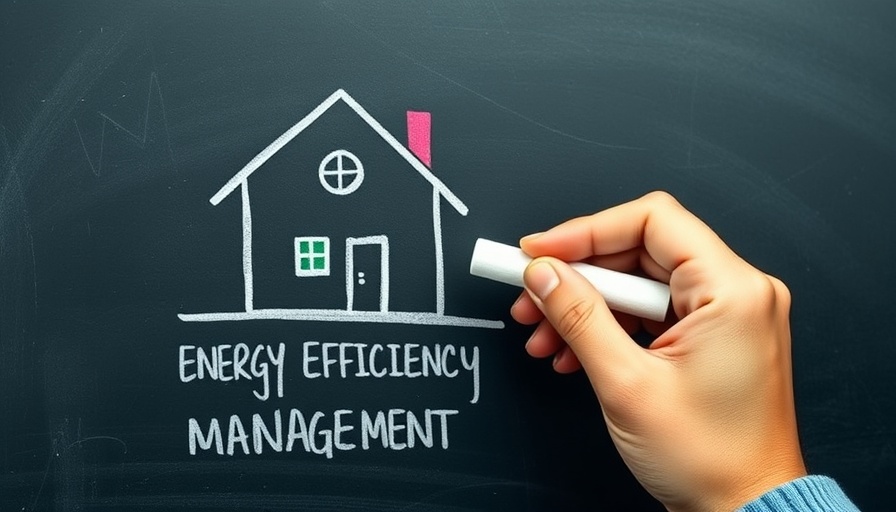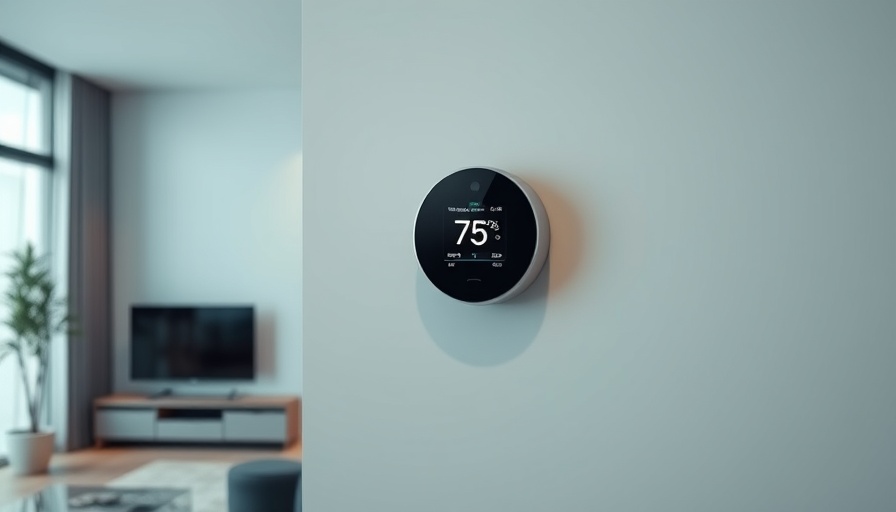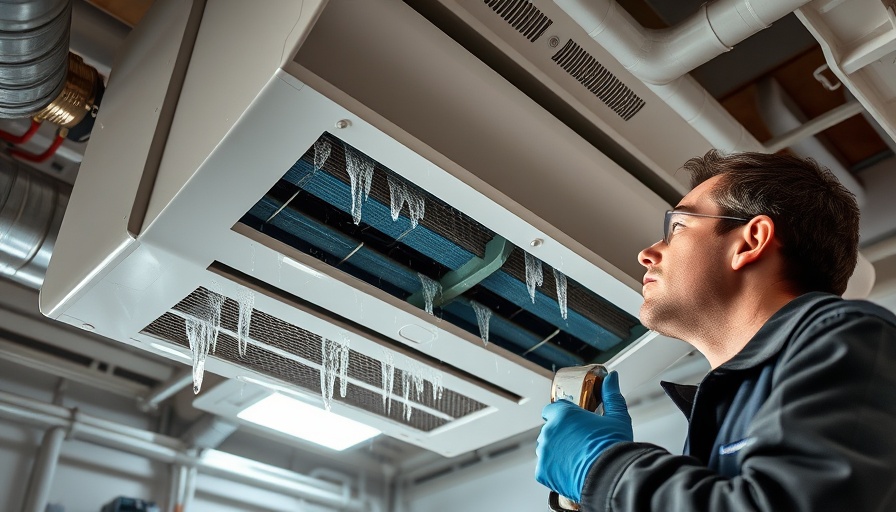
Understanding the 2025 Refrigerant Shift: What Homeowners Need to Know
The HVAC industry is on the brink of a significant evolution as a result of changes mandated by the American Industry and Manufacturing Act (AIM) of 2020. With the scheduled transition to new refrigerants in 2025, homeowners must prepare for what this means for their heating and cooling systems.
The AIM Act and Its Implications
The AIM Act sets forth vital goals: reducing energy dependence, lowering consumer energy bills, and boosting jobs in manufacturing. As these changes unfold, they are expected to influence the HVAC landscape significantly. The new refrigerants introduced, primarily R-454B, are engineered to be more energy-efficient than their predecessors, like R-410A. This shift not only promises to reduce energy costs for households but also aims to support environmental sustainability by minimizing atmospheric impact.
Why Refrigerant Matters to Homeowners
Refrigerants serve a critical function within HVAC systems, absorbing heat and redistributing it efficiently. Older refrigerants like R-12 (commonly known as Freon) have been phased out due to their high ozone depletion potential, paving the way for safer, more efficient options. With the introduction of R-454B, homeowners can expect enhanced performance from their HVAC units, resulting in lower energy consumption over time.
The Consumer Perspective: Costs and Availability
While the advancements in refrigerant technology hold promise, they also pose challenges. As manufacturers transition to new materials, homeowners may encounter higher initial costs and potential delays in product availability. Those currently relying on R-410A might find it increasingly difficult to acquire replacement parts as the industry shifts gears. Therefore, homeowners should consider making HVAC upgrades sooner rather than later to avoid potential disruptions.
Action Steps for Homeowners
As the 2025 refrigerant change approaches, homeowners are encouraged to assess their current HVAC systems. Understanding whether your system uses outdated refrigerants and planning ahead for replacements can not only ensure comfort but also save you money in the long run. Consult with an HVAC professional to explore options and make informed decisions.
 Add Row
Add Row  Add Element
Add Element 



Write A Comment